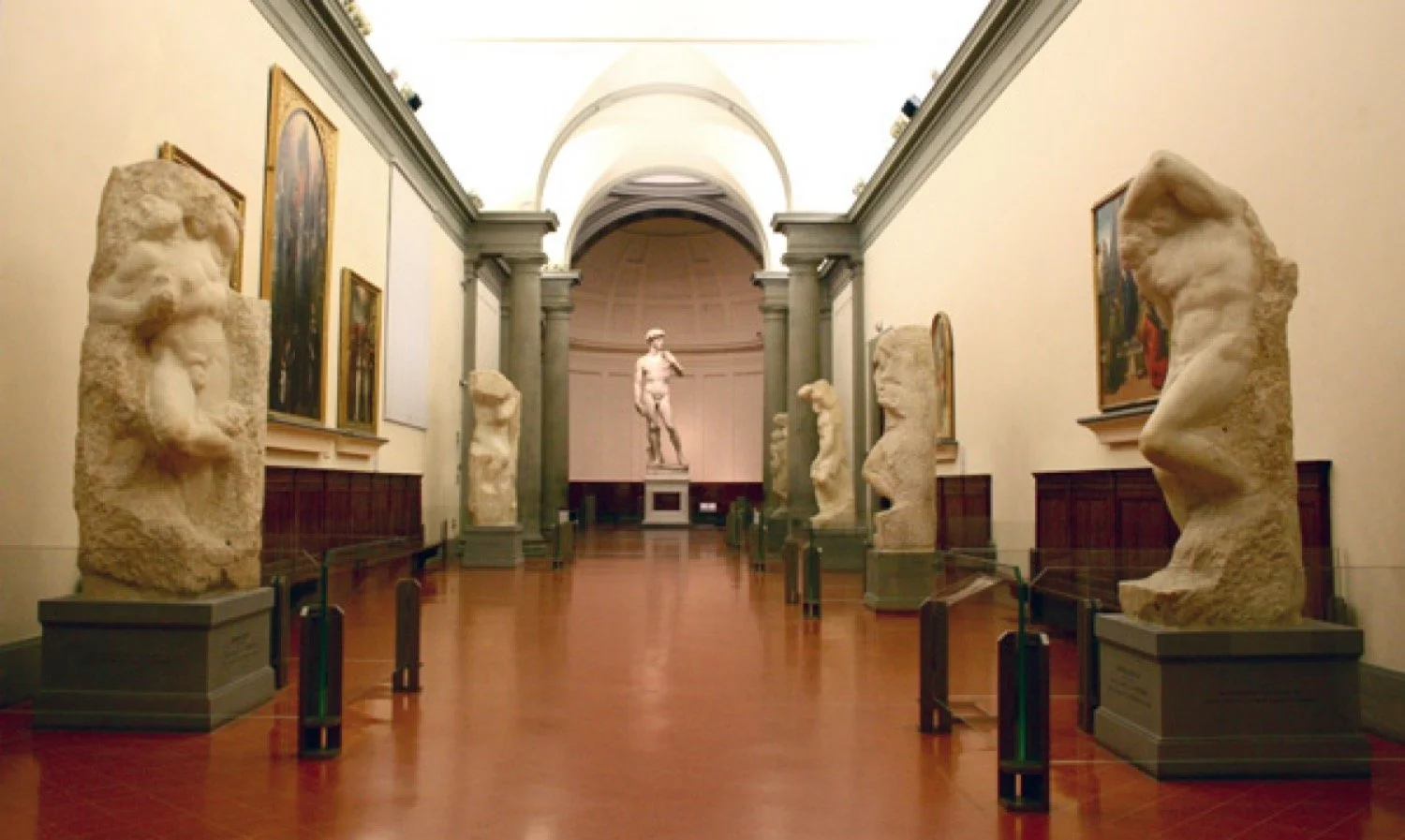Readings for today: 1 Thessalonians 1-5
Many years ago, a person in the church I served began to decline mentally. As part of her decline, she began to fixate on me and all the ways I was letting her and the church down. She started dropping notes in the offering plate accusing me of simply preaching the same sermon week after week. When she got wind that the deacons were simply throwing her notes away, she began to stick them in envelopes with my name on it. Not receiving any response, she began to write our pew Bibles, “fire Doug.” In a final act of desperation, she went forward and actually wrote the same message on our communion table cloth. We tried to talk to her, of course, but she refused to listen or change her behavior and it became apparent to us that this was a symptom of her dementia…or at least that’s what I told myself! ;-)
She did get one thing right, however, and it had to do with the sermons I preach. A mentor of mine told me years ago when I was training to be a pastor that all preachers essentially preach the same messages with the same themes from a variety of angles over the course of their careers. This was definitely true for the Apostle Paul. I can’t count the number of times he refers to “faith, hope, and love” in his letters. For example, in his first letter to the church in Thessalonica, he writes, “We recall, in the presence of our God and Father, your work produced by faith, your labor motivated by love, and your endurance inspired by hope in our Lord Jesus Christ.” (1 Thessalonians 1:3 CSB) He is obviously thankful for the many ways the Thessalonian Christians are putting their faith into practice, loving others unconditionally, and enduring hardship with hope. Life certainly wasn’t easy for them. They were suffering. They were struggling. They faced all kinds of challenges. But through it all, they kept leaning into the same three values Paul had initially preached to them when he first planted the church.
Sometimes it’s tempting to complicate the Christian faith. It’s tempting for preachers to spend time on the finer points of theology or tease out the nuances of the original language or create complex ministries in response to the different needs of the people in the church. But I’ve always found it much better to keep things simple. Faith. Hope. Love. These are the greater gifts Paul talks about in 1 Corinthians 12 and 13. These are the core values of the Christian faith and those who seek to live by them will never be disappointed.
Readings for tomorrow: 2 Thessalonians 1-3




